Ring in the new year with new charitable giving tax laws
Ring in the new year with new charitable giving tax laws
If you’ve been tracking federal legislation, you’re likely aware that on December 29, 2022, President Biden signed a $1.65 trillion-dollar omnibus spending bill known as the Consolidated Appropriations Act of 2023 (“CAA”).
A component of this legislation, known as “SECURE 2.0,” includes many provisions that make it easier for people to build retirement savings, ranging from required enrollment in employer-sponsored 401(k) plans to larger “catch up” contributions to enable workers nearing retirement to add more to their retirement accounts each year.
Three of the new law’s provisions are particularly interesting to people who give to charities, especially related to a planning tool called the Qualified Charitable Distribution (QCD). Many charitable individuals who are 70½ or older have already been taking advantage of the QCD. This technique allows a taxpayer to make an annual transfer of up to $100,000 from an IRA to a qualifying public charity such as a field-of-interest fund, scholarship fund, or unrestricted fund at The Community Foundation. The taxpayer does not need to pay income tax on the distribution and, for taxpayers who must take RMDs from their retirement plans, the QCD counts toward that year’s RMD.
Here’s what’s new, thanks to SECURE 2.0:
More time to accumulate retirement assets
Under the new law, the required minimum distribution (RMD) age (previously 72) increased to 73 on January 1, 2023. RMDs are the IRS-mandated distributions from qualified retirement plans. The RMD age will further increase to 75 beginning on January 1, 2033. This provision is a boost to retirees’ financial plans and may mean more dollars available for charitable giving, especially in the form of a tax-savvy beneficiary designation of retirement plans to charity.
Note that the age for QCD eligibility is still 70½, and, still, donor-advised funds are not eligible recipients of a QCD.
“Legacy IRA” opportunity
SECURE 2.0 makes QCDs even more attractive because taxpayers may now make a one-time $50,000 QCD transfer to a charitable remainder trust (CRT) or other split-interest gift such as a charitable gift annuity (CGA). These components of the new law are called the “Legacy IRA” provisions.
Bigger QCDs
The annual per-taxpayer $100,000 QCD cap is now slated to be indexed for inflation, which will allow taxpayers to give even more from their IRAs directly to charity.
The team at TCFHR would be happy to talk with you about how the new laws can enhance your charitable giving plans. Reach out anytime!
Call us at 540-432-3863 or email Kristin Coleman at [email protected].












